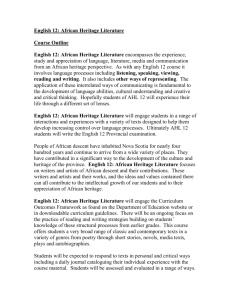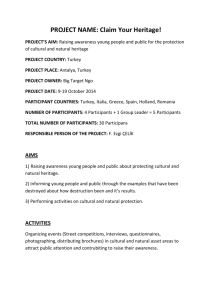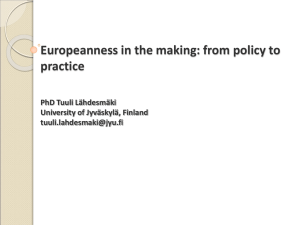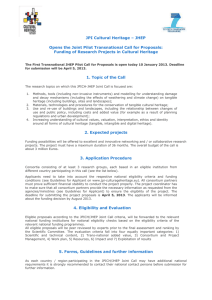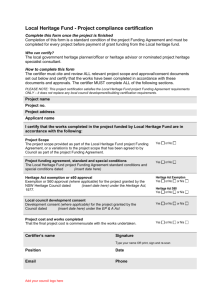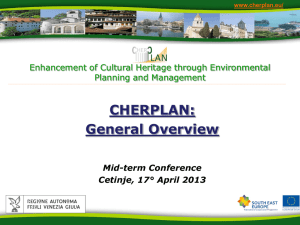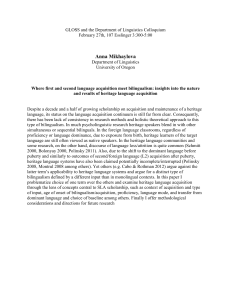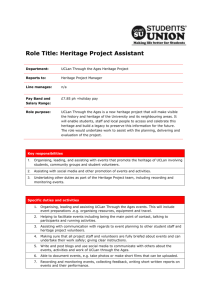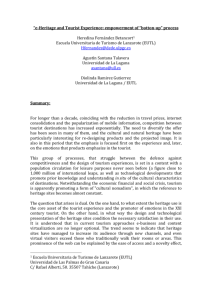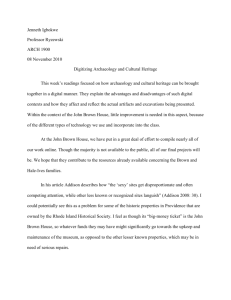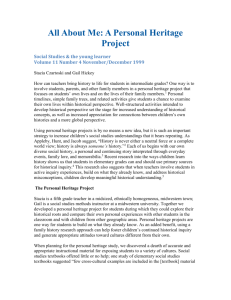TOP TIPS TO IMPROVE AFRICAN CARIBBEAN ACHIEVEMENT IN
advertisement
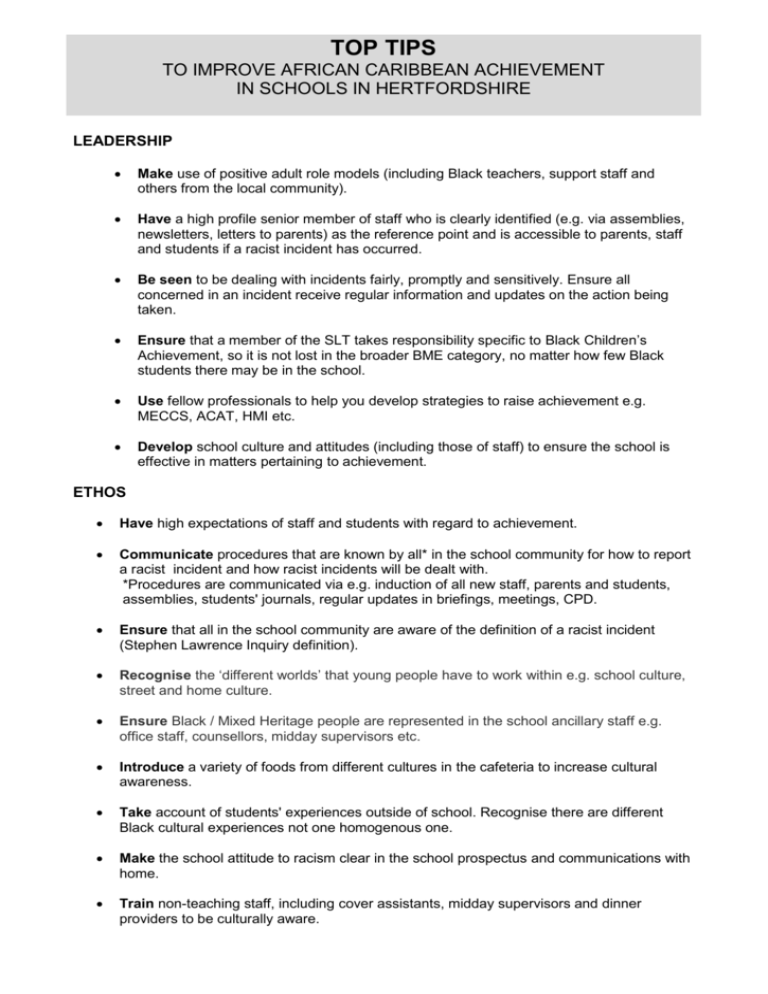
TOP TIPS TO IMPROVE AFRICAN CARIBBEAN ACHIEVEMENT IN SCHOOLS IN HERTFORDSHIRE LEADERSHIP Make use of positive adult role models (including Black teachers, support staff and others from the local community). Have a high profile senior member of staff who is clearly identified (e.g. via assemblies, newsletters, letters to parents) as the reference point and is accessible to parents, staff and students if a racist incident has occurred. Be seen to be dealing with incidents fairly, promptly and sensitively. Ensure all concerned in an incident receive regular information and updates on the action being taken. Ensure that a member of the SLT takes responsibility specific to Black Children’s Achievement, so it is not lost in the broader BME category, no matter how few Black students there may be in the school. Use fellow professionals to help you develop strategies to raise achievement e.g. MECCS, ACAT, HMI etc. Develop school culture and attitudes (including those of staff) to ensure the school is effective in matters pertaining to achievement. ETHOS Have high expectations of staff and students with regard to achievement. Communicate procedures that are known by all* in the school community for how to report a racist incident and how racist incidents will be dealt with. *Procedures are communicated via e.g. induction of all new staff, parents and students, assemblies, students' journals, regular updates in briefings, meetings, CPD. Ensure that all in the school community are aware of the definition of a racist incident (Stephen Lawrence Inquiry definition). Recognise the ‘different worlds’ that young people have to work within e.g. school culture, street and home culture. Ensure Black / Mixed Heritage people are represented in the school ancillary staff e.g. office staff, counsellors, midday supervisors etc. Introduce a variety of foods from different cultures in the cafeteria to increase cultural awareness. Take account of students' experiences outside of school. Recognise there are different Black cultural experiences not one homogenous one. Make the school attitude to racism clear in the school prospectus and communications with home. Train non-teaching staff, including cover assistants, midday supervisors and dinner providers to be culturally aware. DATA REVIEWS and AUDITS Monitor and track achievement. Intervene to tackle under achievement and performance. Keep students informed of progress, results and targets. Monitor and track student performance and participation in all areas of school life, including e.g. academic attainment, participation in extra curricular activities, Supplementary School attendance, school council etc. Review Gifted and Talented and Special Educational Needs registers. Explore the representation of different ethnic groups across all aspects of school life. Avoid the stereotype of Black students as gifted only in sports and music. Recognise e.g. that musical intelligence may indicate a propensity for mathematics and students with bodily kinaesthetic intelligence may be as likely to be potential surgeons as they are athletes. Use monitoring and tracking of performance and intervention strategies to inform regular reviews at staff meetings. TEACHING and LEARNING Be prepared to put African Caribbean students (especially boys) in the highest ability groups that they are capable of working in. Research indicates this is an effective way to counteract underachievement. Think strategically how you group and seat Black students in class in order to maximise achievement. Avoid public confrontations with students. Deal with issues privately in a calm way, one to one. Celebrate students' achievement and give public affirmation of success. Create a 'Wallpaper' of Black achievement - house names, science sets - to reinforce positive images as part of school life. Ensure the school curriculum reflects positively the achievements of people of Black Caribbean and Black African heritage. Celebrate all cultures within school (including Black and ethnic minority cultures) through set names, building names, display etc. CURRICULUM Ensure the curriculum specifically addresses an understanding of racism and its effects through subjects such as PSHE, Citizenship, English, and History. Celebrate Black culture within school through the curriculum. .Ensure all staff experience CPD which raises cultural and community awareness. Organise a cross-curricular cultural and community awareness week. Make use of powerful fiction through carefully selected resources in school libraries and curriculum. Ensure slavery is taught sensitively. Teaching about the transatlantic slave trade should not be the only time that students experience information about Black culture in the curriculum. Focus on the positive contribution Black culture has made to British and global culture literature, science, music, etc. Challenge stereotypes of Black people through PSHE/ Citizenship education. Use Black History Month as a springboard for creating and resourcing a more inclusive curriculum. PARENTS and COMMUNITY Highlight positives of youth and community cultures and challenge stereotyping. Listen to the Black and Mixed Heritage student and parent voice through regular questionnaires, parents' meetings and focus groups, which then actively feed in to school policy making. Appoint Black and Mixed Heritage learning mentors in school. Recruit Black and Mixed Heritage teachers. Involve parents as much as you can in the school life of students. Ensure that the Governors are aware of Black /Mixed heritage issues through policy and that they are actively involved in initiatives intended for the benefit of Black and Mixed Heritage pupils. Ensure Black and Mixed heritage parents are represented on the Governing Body. Make all parents welcome in school. Give parents a positive experience of school e.g. by appointing a named link person from the senior leadership team. Foster community partnerships to promote positive involvement e.g. with Supplementary Schools and local community organisations. Further information from the African Caribbean Achievement Network Visit www.thegrid.org.uk/learning/mecss/achievement/acan


